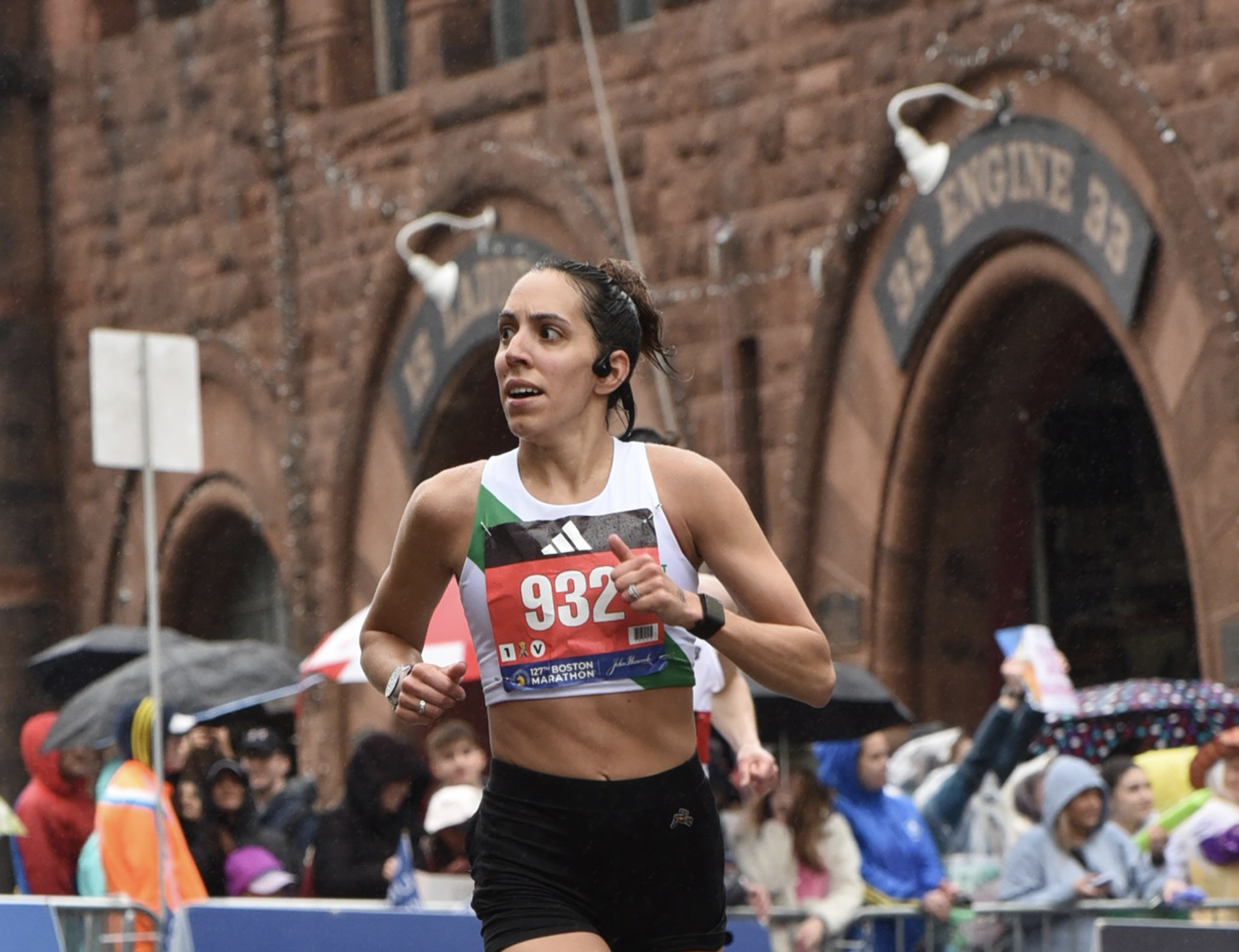Favorite Workout: The Fast Finish Long Run
by GRP runner Kat Morrissey
Long runs are the staple of any marathon training plan. To prepare physically and mentally for the demands of the marathon race it is critical to incorporate longs runs, in addition to speedwork. One of my favorite confidence-boosting yet challenging runs is a combination of the two: the fast finish long run. The fast finish long run entails running your normal easy pace and progressing to your target marathon pace or faster for the last 30-60 minutes, with the goal being to teach your body how to run fast on tired legs with depleted fuel at the end of the long run.
This workout is beneficial both physically and mentally:
Physically, the fast finish long run simulates race fatigue. It helps you train your body to push through that fatigue, and pick up the pace, even when your legs do not want to continue. This workout prepares you for the end of the marathon where your body is most likely to feel depleted and the strength in your legs begins to fade. It’s incredibly helpful in experiencing and adapting to the stress and speed of race conditions.
Mentally, this workout can give you confidence. And confidence is huge in marathon training. Knowing that you have the strength in your legs to keep moving at a consistent pace or faster is key to making it to the end of 26.2. Knowing that you have made it through a long run with fatigued legs and can still hit your paces can really set you up for success on race day.
The fast finish long run is also the perfect opportunity to simulate race day by making sure to practice your pre-race routines, enact your nutrition strategy, gear plan, and anything else you want to nail down, so that you are ready to perform on the big day.
When should you include this workout in your training plan? Timing of the fast finish long run is essential. You want to make sure that you’ve built a solid mileage base and have been training consistently because it can be both physically demanding and mentally straining. I like to weave this workout into my regimen every 2-3 long runs. I vary my fast finish between a progressive finish (gradually increasing to marathon pace) and a faster-than-marathon pace for the whole 30-60 minutes. If I’m feeling confident during the second option, I like to throw in a “last mile; fast mile” in which I build into all-out running by the end.
Ultimately, including this type of long runs into your marathon training will help build strength, and teach you to run fast on tired legs. Just as important - if not more - it will help train your mind to handle the inevitable challenges of race day.

